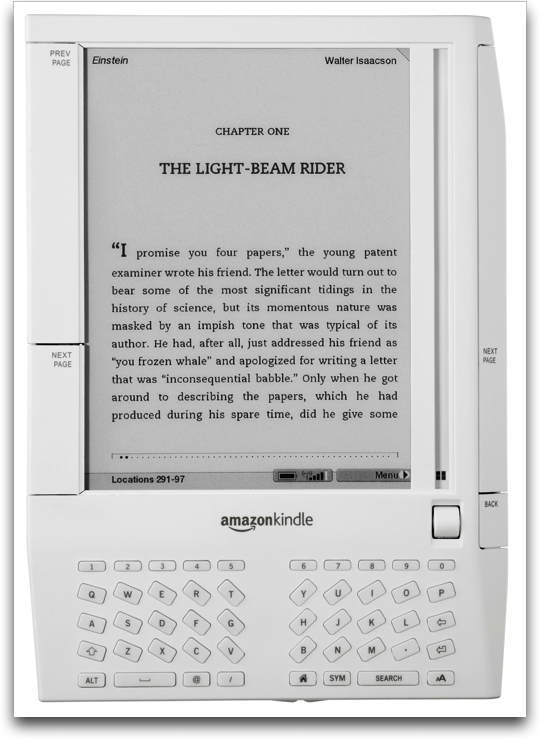I've started to research the history of digital media and how it all came about. The concept of digitalizing media came about in the 80s but hasn't really caught on until recently (I'd say the past 4-5 years). That's why the timeline so far for my project is short, even though the concepts are older. Prototypes and concepts for computers and the Internet have been around for 15-20 years. Little did we (the general public/consumer) realize what would become of the Internet and technology.
An interesting idea that Walt Disney came up with was that of a place (Disney World) was to represent a physical Internet, a place where worlds could meet in one place, a place accessible to any one.
Just an idea I had.
I'm also still factoring in the educational tie in as well as the consumer-relation part (ie ebooks/readers, online newspapers, Internet, online publishing with Google books and blogs).
What I Learned
16 years ago


